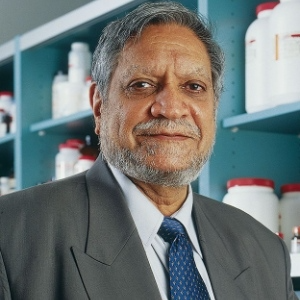Title : Rationale for the prevention or therapy of sudden cardiac death in heart failure
Abstract:
Although sudden cardiac death is considered to be a major mode of death in patients with heart failure, no satisfactory medical therapy is available for its prevention. Since over activation of sympathetic nervous system is invariably seen in subjects with high risk for sudden cardiac death, elevated levels of circulating catecholamine levels are considered to result in lethal ventricular arrhythmias and subsequent sudden cardiac death. However, experimental evidence from our laboratory has revealed that excessive amounts of circulating catecholamines are oxidized to aminochromes, which are highly reactive quinine compounds, in addition to producing oxidative stress. A marked increase in plasma adrenochrome level was seen in heart failure; patients with higher than mean value for adrenochrome showed greater mortality. An antiplatelet agent, sulfinpyrazone, was observed to depress the adrenochrome- induced incidence of arrhythmias as well as mortality of animals. The oxidation products of catecholamines (both adrenochrome and oxidative stress) have been demonstrated to produce subcellular alterations, intracellular Ca2+-overload, coronary spasm, myocardial cell damage, depletion of high energy stores and ventricular arrhythmias. Furthermore, catecholamine-induced arrhythmias and ventricular fibrillation were associated with elevated levels of plasma adrenochromes and these changes were markedly attenuated by treatment of animals with different antioxidants. The results suggest that oxidation of catecholamines under stressful conditions may play a critical role in the genesis of fatal ventricular arrhythmias. Accordingly, antioxidant therapy in heart failure may be helpful in preventing sudden cardiac death.



